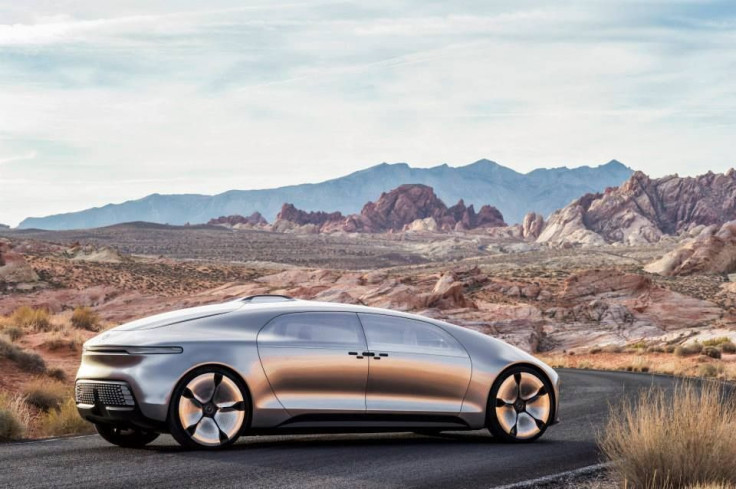Start Spreading The News: What You Should Read Today [01/07/15]

Most of the U.S. woke up to another day of below-freezing temperatures Wednesday and followed overnight and breaking news of a terrorist attack at the Paris office of satirical newspaper Charlie Hebdo. At least 12 people were killed, and the gunmen remain at large. Also, in the ongoing search for AirAsia Flight 8501, the plane's tail was recovered, and the team believes the black boxes may be in the vicinity. In addition to those reports, below are some news stories that you should be reading today.
So Many Planets, So Little Time

The discovery of eight exoplanets -- two of which are Earth-like and were found in the habitable zone of their host stars -- brings the total number of planets discovered by NASA's Kepler mission to over 1,000. The Kepler team also added several hundred planet candidates to bring the total number of possible exoplanets to over 4,000. While those current numbers are certainly impressive, Kepler can only view a small section of the sky at a time, which means that plenty of planets remain to be discovered.
The New York Times looks at the past 20 years of exoplanet searching, which, while amazing and exciting, has not led us any closer to an answer regarding signs of life in the universe. There is hope that the Transiting Exoplanet Survey Satellite and the James Webb Telescope, which are scheduled to be launched in 2017 and 2018, respectively, will aid in the search for habitable planets. New methods for detecting small exoplanets, such as the "recipe" for Earth-like planets, will also improve our chances of finding life on other planets.
The Cold Leads To The Common Cold?
Mothers and grandmothers are rejoicing around the world with the news that cold temperatures increase the risk of catching a cold. In a new study, researchers from Yale University concluded the body's immune system is weaker in colder temperatures.
"We found that the innate immune response to the rhinovirus is impaired at the lower body temperature compared to the core body temperature," Akiko Iwasaki, senior author and Yale professor of immunobiology, said in a statement. The researchers suggest covering your nose when going outside in cold weather.
The Future Of Driving Is Boring

Everyone wants a self-driving car. And while a robotic chauffeur would make the morning commute efficient and more tolerable, that dream is still far from reality.
Self-driving cars and driverless technology are being tested out by manufacturers, and the 2015 International Consumer Electronics Show has featured plenty of this technology. Wired's Alex Davies rode in an automated Audi A7, and the ride was perfectly mundane.
The 'Internet of Things' Is Scary
Many companies are looking at Internet-enabled devices as the future, so it should come as no surprise that privacy is a huge concern for "Internet of Things" consumers. NXP Semiconductors announced that a study conducted by Harris Poll determined that 81 percent of Americans surveyed said privacy concerns affected their decision to buy a smart-home device.
© Copyright IBTimes 2025. All rights reserved.





















